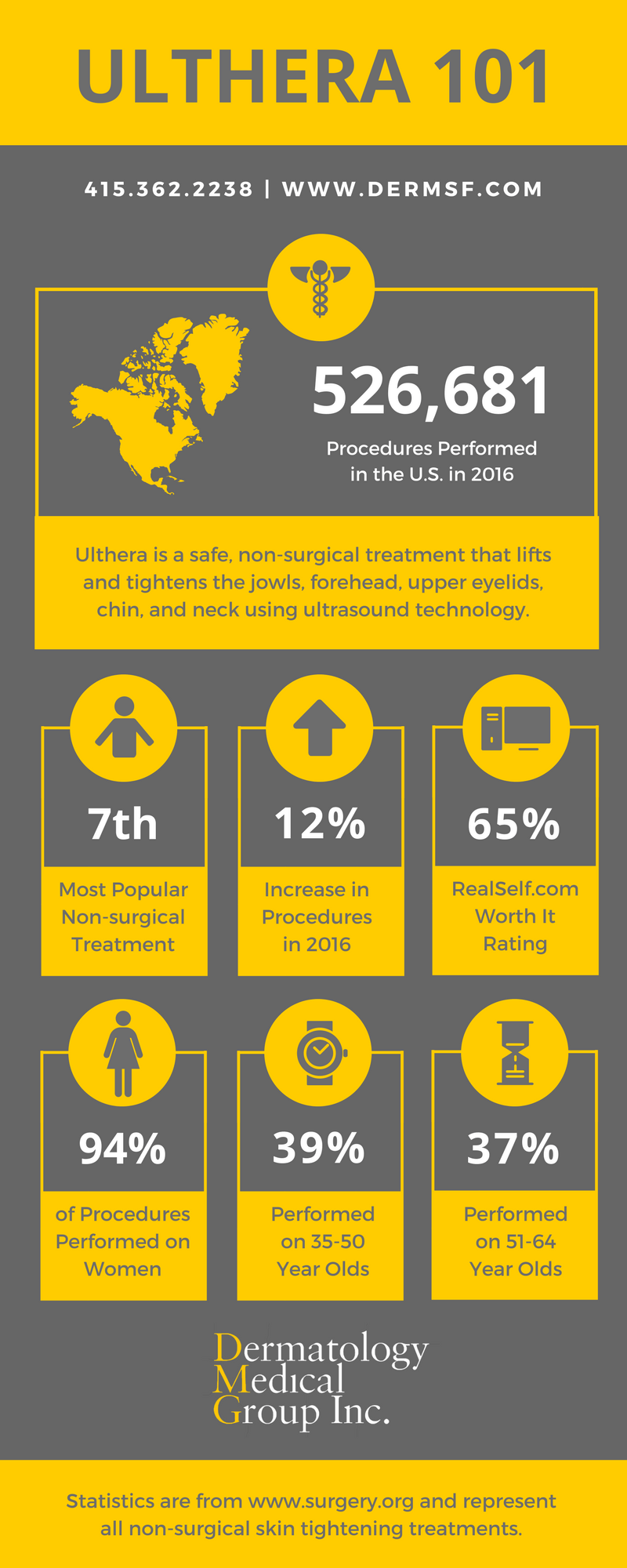Misconceptions And Realities Concerning Acne: Debunking Common Misconceptions
Misconceptions And Realities Concerning Acne: Debunking Common Misconceptions
Blog Article
Post Composed By-Haney Kjeldsen
You could think that delighting in delicious chocolate or oily foods is the source of your acne, yet that's just among many myths swirling around this usual skin disease. In fact, acne mostly comes from clogged hair follicles, not your last dessert. Misunderstandings like these can lead you to embrace inefficient skincare practices that might also intensify your situation. As you navigate the truths behind acne, you'll find understandings that might transform your approach to skincare and help you accomplish clearer skin. So, what really lies beneath the surface?
Common Myths About Acne
When it comes to acne, lots of people count on common myths that can cause confusion and frustration. One common misconception is that eating delicious chocolate or greasy foods creates acne. While diet plan can influence skin health, the straight link in between details foods and acne isn't as specific as numerous think.
An additional usual mistaken belief is that you ought to scrub your face intensely to clean up outbreaks. In truth, aggressive rubbing can aggravate your skin and get worse acne.
You could additionally believe that acne just influences teenagers, but adults can experience it as well, often as a result of hormone modifications or tension. Some people think that tanning can clear acne, but sun exposure can actually cause skin damage and aggravate outbreaks over time.
Last but not least, many believe that using rough items will certainly remove acne swiftly. Nonetheless, these items can remove your skin of its all-natural oils, bring about raised irritability and even more breakouts.
Scientific Details Behind Acne
Comprehending the scientific truths behind acne can encourage you to tackle this common skin condition better.
Acne occurs when hair roots become blocked with oil, dead skin cells, and microorganisms. This procedure frequently begins with an overproduction of sebum, the oil your skin naturally produces. Hormone changes, especially throughout the age of puberty or menstruation, can activate this excess oil.
Microorganisms referred to as Propionibacterium acnes thrive in these stopped up pores, causing inflammation. When your body immune system responds, it can trigger inflammation and swelling, resulting in those annoying pimples or cysts.
Genetics likewise play a role; if your moms and dads had acne, you might be much more vulnerable to it.
Diet and stress levels can influence acne also, yet research is still advancing in these areas. While delighting in greasy foods will not directly cause outbreaks, a balanced diet plan can sustain your skin health and wellness.
Likewise, handling https://www.buzzfeed.com/shelbyheinrich/plastic-surgery-secrets-flipped and anxiety can decrease hormone variations that might get worse acne.
Tips for Managing Acne
Taking care of acne successfully requires a mix of day-to-day skincare habits and way of living modifications. Beginning by establishing a consistent skincare routine. Cleanse your face two times a day with a mild, non-comedogenic cleanser to remove dust and excess oil. Prevent rubbing as well hard, as this can aggravate your skin and intensify acne.
Next off, incorporate products consisting of salicylic acid or benzoyl peroxide to assist stop breakouts. Constantly follow up with a lightweight, oil-free cream to keep your skin hydrated. Do not forget sun block; opt for non-comedogenic alternatives to safeguard your skin from UV damage without obstructing pores.
Beyond skincare, focus on your diet plan. Limitation sugary and oily foods, and concentrate on fruits, veggies, and whole grains. Staying hydrated is essential, so beverage lots of water throughout the day.
Additionally, manage tension through activities like yoga, meditation, or exercise, as stress and anxiety can activate breakouts.
Finally, prevent picking or popping pimples. This can cause scarring and more inflammation. If your acne continues, seek advice from a skin specialist for individualized therapy choices.
Conclusion
Finally, it's necessary to separate reality from fiction when it concerns acne. By exposing usual myths, you can much better recognize your skin and make notified choices for your skincare regimen. So, why continue to believe in out-of- microneedling for acne scars when the fact can empower you? Embrace much healthier practices, concentrate on gentle cleansing, and bear in mind that managing acne is a trip. With the ideal knowledge, you're one action closer to more clear, much healthier skin.
